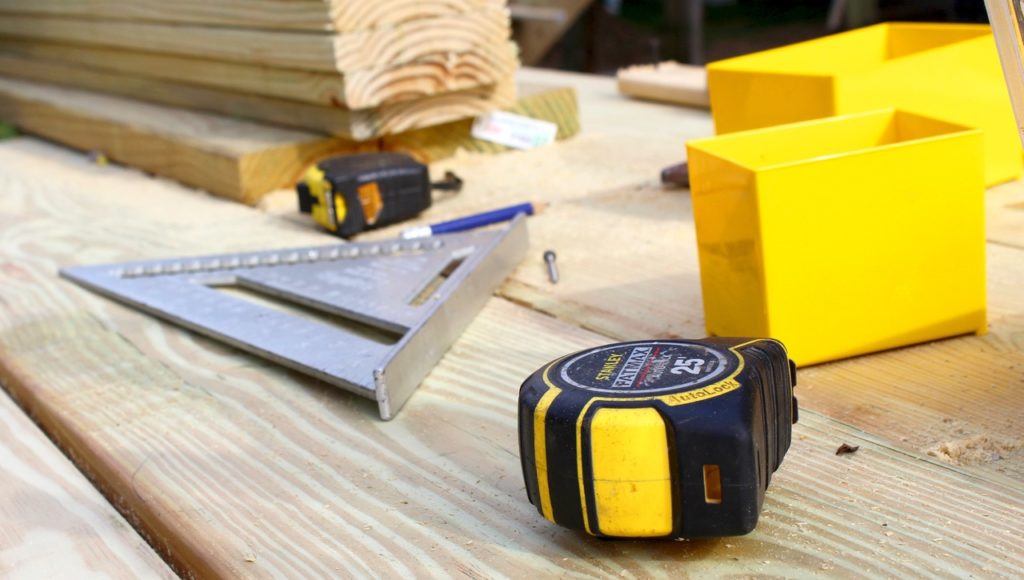Do I need to tell Brooks Braithwaite if I am having an extension or renovation works on my property?
Yes. It’s important to keep your insurer in the loop as your property insurance could be invalidated if they’re not made aware of any changes.
Any kind of building work raises the risk you pose to an insurer. After all, when walls are knocked through and windows and floors removed, the chances of something going wrong are much higher than they would be otherwise. If you’re having walls and windows removed, this also means your property in general could be less secure than usual. Having builders and other contractors come and go also makes you a greater security risk.
When should I contact Brooks Braithwaite?
You should include us at the planning stages and let us know well before you make any significant changes to your property. This covers additions, renovations and even substantial maintenance projects.
Will my property/home insurance cover me during building work?
Most policies either exclude cover for contract works, limit the cover on your existing building or exclude cover during works unless agreed in advance with your insurer. If you have no contract with your contractor, you’ll need to check that your contractor is covered for any damage caused to your property during the build. If not, you run the risk of invalidating your insurance and not being able to claim. Brooks Braithwaite are happy to check the adequacy of your contractor’s insurances for you.
Will I need to insure the property and works if I have signed a contract with the builder?
If you are carrying out the works under a contract, this will dictate who is responsible for the insurance of the existing structure and new works. In the UK, JCT is the most common form of building contract and facilitates the process of delivering a building project. In simple terms, it sets out the responsibilities of all the parties within the process and their obligations. By providing a framework and protection for both employer(yourselves) and contractor, these contracts can be used to manage responsibility for disputes, deadlines, insurance cover, delays, and negligence. The contract can determine potential friction points before the works start and can therefore easily identify the party responsible, if a conflict should arise.
The contract will specify how the project is to be insured. There are three insurance options.
Options A and B are for new buildings and Option C is for works involving existing structures. For the JCT Standard Building Contact, the options are defined as:
Option A – Requires the contractor to take out and maintain joint names all risks insurance of the works.
Option B – Requires the employer to take out and maintain joint names all risks for the insurance of the works.
Option C – Requires the employer to take out and maintain joint names specified perils insurance in respect of the existing structures and contents and all risks insurance of the works.
You will see that therefore; we may need to find a specialist insurance provider to cover you during the build.
If I have an extension, will I have to pay more for my Property/home insurance?
You might have to because your buildings insurance may increase due to increased rebuild costs of your new, bigger property. You also may need to increase your contents insurance if you buy additional furniture, carpets and so on for your extension.

